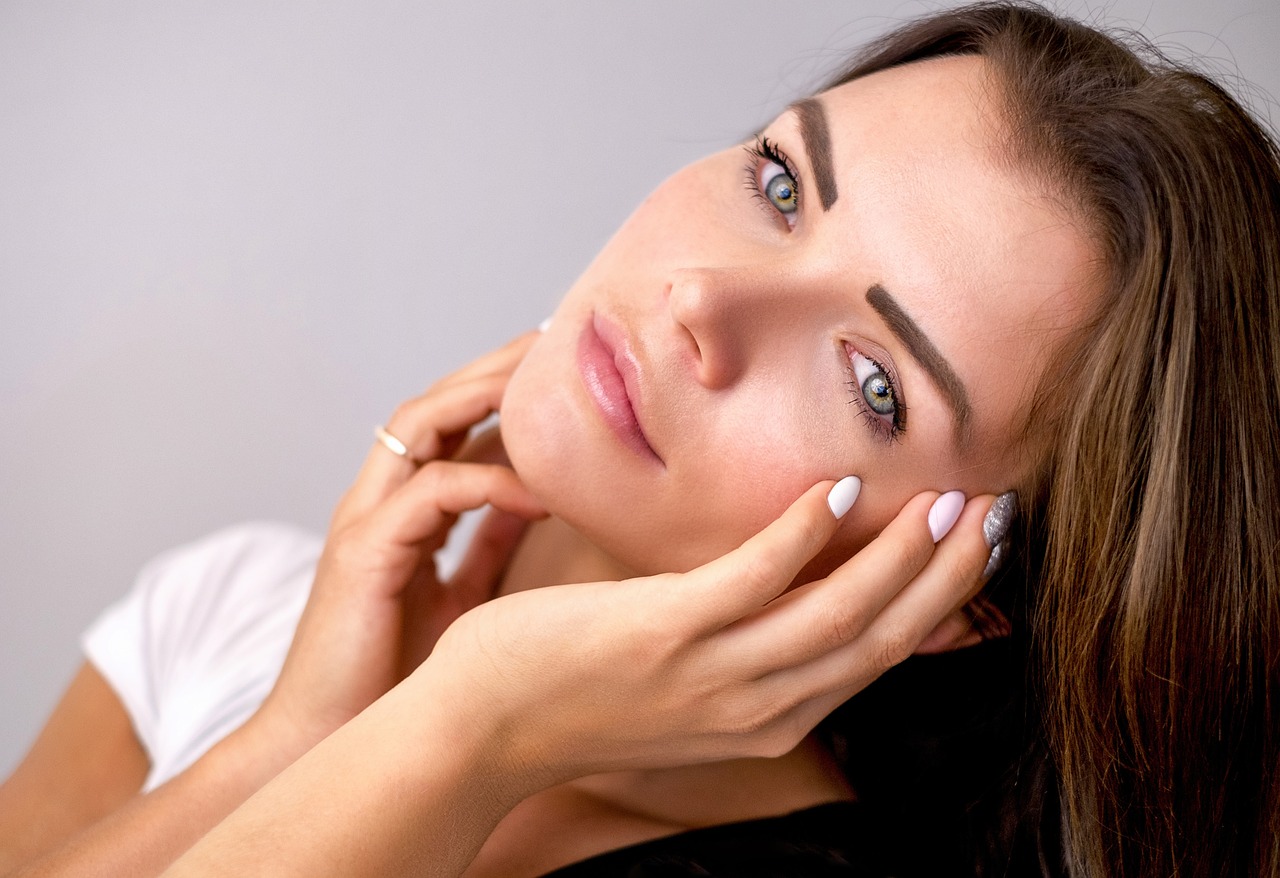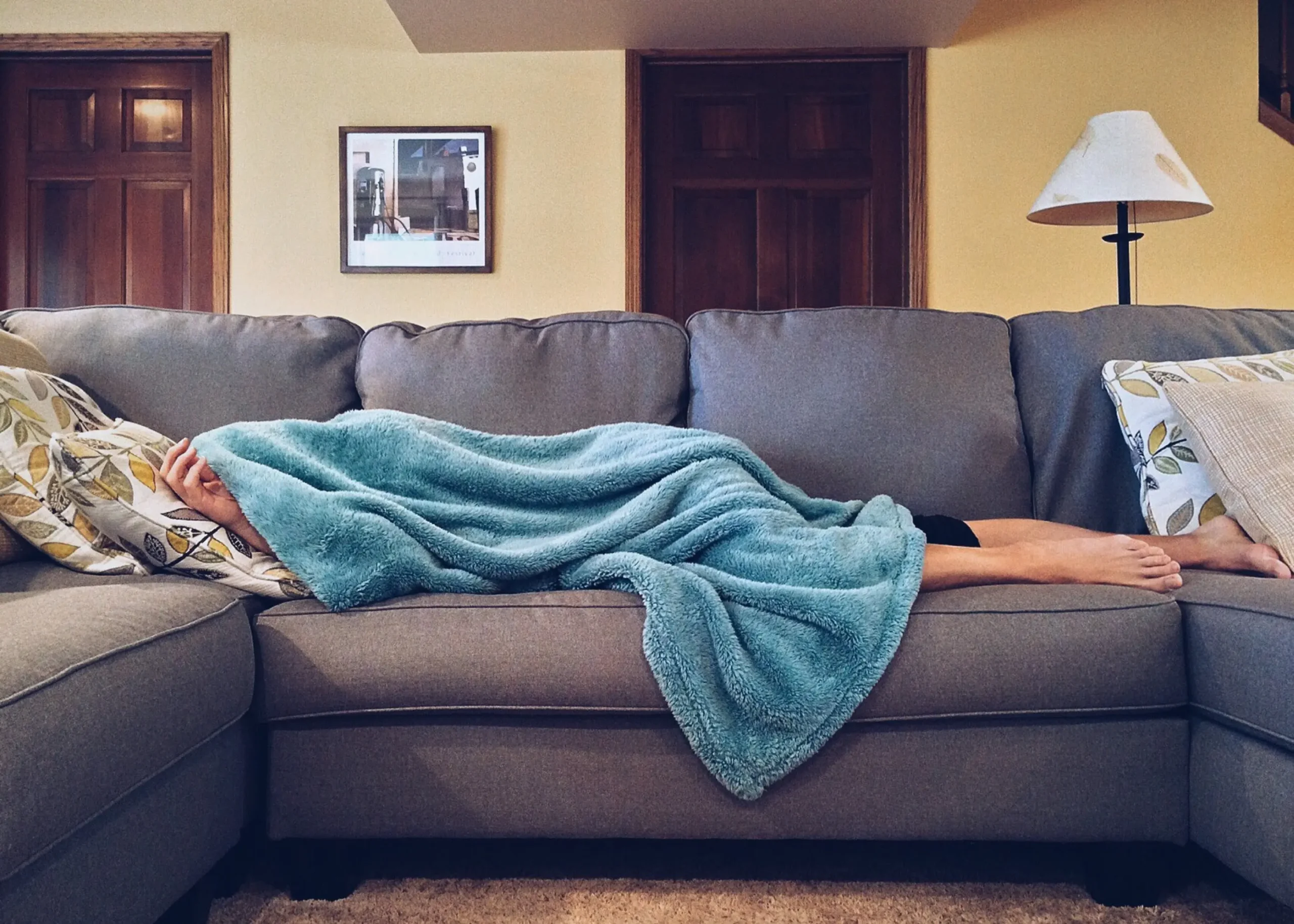Welcome to a healthier lifestyle with these 10 habits! Get ready to have better physical and mental health. Eat nutritious food, exercise regularly, get good quality sleep, and use stress management techniques. Experience the power of a balanced life full of positivity and energy. Pro Tip: To achieve optimal health, keep up with your new habits consistently!
Habit 1: Eat a Balanced Diet
A balanced diet is essential for a healthier lifestyle. It gives your body what it needs to function best. Here are five things to remember:
| – Whole grains like quinoa, brown rice, and wheat bread are better than refined grains. They have more fiber and nutrition. |
| – Get lean protein from fish, chicken, tofu, or beans. Protein is needed for muscle repair, growth, and feeling full. |
| – Cut back on added sugars and unhealthy fats. Drinks, snacks, and fried foods can cause weight gain and health risks. |
| – Cut back on added sugars and unhealthy fats. Drinks, snacks and fried foods can cause weight gain and health risks. |
| – Drink plenty of water throughout the day. Water helps regulate body temperature and digestion. |
Portion control is also important. Being mindful of how much you eat stops you from overeating.
Start following these habits and nourish your body with nutritious foods. This will increase your energy levels and well-being. Make the choice to prioritize your nutrition and invest in yourself.
Habit 2: Exercise Regularly
Regular exercise is a must to lead a healthy lifestyle! It’s important for overall well-being and physical fitness. Reaping the benefits of exercising daily can positively impact both your physical and mental health.
| Boosts energy: | Regular exercise increases endurance, giving you more energy. |
| Manages weight: | Doing physical activity helps burn calories, aiding in weight management and preventing obesity. |
| Strengthens muscles and bones: | Exercise improves muscle strength and helps maintain bone density, reducing the risk of osteoporosis. |
| Enhances cardiovascular health: | Working out boosts heart health by increasing blood flow, lowering blood pressure, and reducing the risk of heart disease. |
| Promotes better sleep: | Physical activity regulates sleep patterns and relieves stress. |
| Improves mood and mental health: | Exercise triggers the release of endorphins, making you feel great, reducing anxiety and depression. |
Exercising regularly not only keeps you physically fit but also boosts self-confidence and productivity! To make it a habit, here are some tips:
- Find activities you enjoy.
- Start small and build up intensity over time.
- Set achievable goals.
- Create a schedule or routine.
- Find an exercise buddy or join a class.
- Mix it up.
Follow these tips to make regular exercise a part of your life and enjoy the numerous benefits it brings! Start today and improve your well-being with exercise.
Habit 3: Get Sufficient Sleep
Getting enough sleep is key to a healthy lifestyle. Skimping on sleep can lead to health issues and make you feel bad. Adopt these 6 habits to get the rest you need:
- Go to bed and wake up at the same time every day.
- Do something calming before attempting to sleep.
- Avoid caffeine or nicotine close to bedtime.
- Have a cool, dark, and quiet bedroom.
- No screens before bed.
- Do relaxation exercises like deep breathing or meditation.
Getting enough sleep not only helps your body physically but also boosts cognitive and emotional well-being. It helps the body to heal and aids optimal brain activity.
Did you know? Ancient civilizations like Egypt and Rome valued sleep as part of their daily life. They saw the importance of quality sleep for health and productivity.
So don’t forget to prioritize sleep each night. Your body will thank you for it!
Habit 4: Stay Hydrated
Staying hydrated is necessary for good health. Make sure you get enough fluids with these 6 habits:
- Begin your day with a glass of water.
- Carry a reusable water bottle to stay hydrated on the go.
- Set reminders or use apps to track your daily intake.
- Eat fruits and veggies to stay hydrated.
- Replace sugary drinks with water or infused water.
- Drink before, during, and after physical activity.
Drinking when thirsty isn’t enough. Consistent intake of fluids throughout the day is key. 60% of our bodies are made of water! So stay mindful of your intake and reap the benefits.
Habit 5: Manage Stress
Manage Stress:
Stress management is a must-have for good health. Strategies and techniques to reduce emotional tension and promote relaxation help. Here are six effective ways to battle stress:
- Meditate mindfully: Regular mindfulness meditation helps soothe the mind, increase self-awareness, and make you better at dealing with stress.
- Exercise often: Exercise releases feel-good endorphins and relieves stress. Do at least 30 minutes of moderate exercise daily.
- Treat yourself: Taking time for yourself is crucial. Enjoy reading a book, taking a bath, or doing a hobby. Make self-care a priority.
- Set healthy boundaries: Saying no and setting boundaries keeps stress from taking over your life.
- Seek support: If feeling overwhelmed, reach out to friends, family, or pros. Share your thoughts and emotions to get valuable support.
- Do deep breathing: Deep breathing activates the body’s relaxation response, calming and reducing stress levels.
For more stress management tips, try yoga or progressive muscle relaxation. Remember that managing stress needs commitment and consistency.
Fun fact: Research by the American Psychological Association says chronic stress can lead to heart disease and depression.
References:
American Psychological Association
Habit 6: Practice Mindfulness
Mindfulness is essential to living a healthier lifestyle. Awareness of the current moment brings focus, decreases stress, and boosts overall well-being. Here’s how to make it part of your daily life:
- Start small – Take a few minutes to sit still and focus on breathing. Notice the inhalation and exhalation, and don’t get caught up in any thoughts or distractions.
- Be mindful – Be present in each activity, like taking a walk, eating without distractions, or doing a hobby you love. Give it your full attention.
- Be kind to yourself – Don’t judge your feelings or thoughts. Instead, observe with interest and sympathy. This will help you respond to challenges with clarity and kindness.
Mindfulness brings a sense of calm and balance. You’ll become more tuned in to your body’s needs, helping you make better decisions for physical and mental health. Start adding this habit to your days for greater focus, less stress, and improved well-being. Now is the time! Start enjoying the benefits of mindfulness today.
Habit 7: Maintain Social Connections
Social connections are key to a healthier lifestyle! They provide support, and companionship, and even improve our overall well-being. Here are four points to consider:
- Nurture relationships: Make time for those close to you. Have meaningful conversations and do activities that strengthen your bond.
- Join social groups: Get involved in clubs or organizations that line up with your interests. This makes it easier to meet people with similar views and form new connections.
- Utilize tech: In today’s digital world, social media and messaging apps make it simpler than ever to stay connected, no matter the distance or timezone.
- Volunteer or give back: Doing community service not only helps others, but it also offers social interactions that can increase your sense of accomplishment.
You can also form virtual connections through online communities or forums. These can be just as beneficial to your well-being.
Let me tell you a story to emphasize the importance of maintaining social connections. Meet Sarah, a retired teacher who felt lonely after leaving her job. She wanted to fight this loneliness, so she joined a local book club. Through regular meetings and chats with other book lovers, Sarah made strong friendships and found a purpose again. These new social interactions made her life better and filled her days with joy and satisfaction.
Habit 8: Limit Screen Time
Technology has become a part of life, but too much screen time can be harmful. Here are five tips to decrease your screen time and lead healthier lives:
| Tips | Description |
|---|---|
| 1. Set goals | Decide how much time you want to spend on screens each day and make a schedule. |
| 2. Set screen-free zones | Declare areas in your home or workplace where screens are not allowed, like the bedroom or dining table. |
| 3. Use apps to track | Use apps that can log how much time you spend on different programs and websites. |
| 4. Find other activities | Replace screen time with fun things like reading, exercising, or spending time with loved ones. |
| 5. Establish boundaries | Tell friends and family about your desire to limit screen time. |
These tips can help reduce screen time and improve overall well-being. It’s also important to prioritize self-care and set aside time for relaxation without digital distractions. Plus, find support from others or join communities to stay motivated.
Take action now and focus on limiting screen time! Don’t fear missing out on real-life experiences by being less connected to screens. Your mental health and relationships will benefit from it. Remember, true connections happen offline!
Habit 9: Prioritize Self-Care
Self-care is essential for a healthier lifestyle. Taking care of yourself boosts your overall well-being and helps balance the demands of life. Here are three points when prioritizing self-care:
| 1. Allot time for yourself: |
| In the busyness of life, make sure to have moments for yourself. Whether it’s a relaxing bath or a hobby you enjoy, these moments can relax your mind and body. |
| 2. Look after your physical health: |
| Self-care means looking after your body. Exercise, eating well, and enough sleep are all important for staying healthy. Listen to your body and make good choices. |
| 3. Set boundaries: |
| Setting boundaries with work, relationships, and other commitments is also part of self-care. You can prevent burnout and protect your mental health by saying no when needed. Self-care isn’t selfish- it’s necessary for balance in life. |
Practicing self-care not only helps us but also those around us too. When we prioritize ourselves, we can better handle challenges and support others.
Pro Tip: Incorporate small acts of self-care like deep breathing or short relaxation breaks into your daily routine. This will create a foundation for a healthier, more holistic lifestyle.
Habit 10: Seek Professional Help if Needed
Habit 10: Seeking professional help is essential for a healthier lifestyle. Whether it’s physical, mental, or overall wellness, experts can provide the support you need. Here’s a 4-step guide to get you started:
- Step 1: Identify your needs
- Step 2: Research and find qualified professionals
- Step 3: Schedule an appointment
- Step 4: Follow through with their recommendations
Understand what you need help with. It could be fitness, nutrition, mental health, chronic pain, etc. Knowing your needs will help you find the right professional. Find reputable specialists in your area of concern. Research certifications, qualifications, experience, and testimonials. This will ensure you get the right guidance. Reach out and schedule an initial consultation. Discuss your concerns, goals, and expectations. It’s important to find someone who understands and can tailor their approach. Commit yourself to following their advice. Consistency is key. Trust their expertise and be open to trying new strategies.
Seeking professional help also ensures personalized guidance. Professionals have the knowledge and experience to diagnose and provide solutions. Remember, this is a proactive step towards taking charge of your well-being – not a sign of weakness.
Did You Know? A study in the Journal of Clinical Psychology found that therapy improved mental health and quality of life.
Conclusion
Wrapping it up, 10 habits can lead to a healthier lifestyle.
- Drink more water
- Get enough sleep
- Eat healthy
- Exercise
- Mindfulness
- Engage in self-care activities to relax
- Find a supportive community to encourage you
History teaches us that well-being is key. Ancient Greek philosophy and Chinese medicine prove it. With these habits, we can follow in the footsteps of history and create a brighter future with well-being taking center stage.
Frequently Asked Questions
1. What are some habits for a healthier lifestyle?
Habits for a healthier lifestyle include regular exercise, consuming a balanced diet, getting enough sleep, managing stress effectively, staying hydrated, and avoiding harmful substances like tobacco and excessive alcohol.
2. How important is exercise for overall well-being?
Exercise is crucial for overall well-being as it improves cardiovascular health, strengthens muscles and bones, boosts mood and mental health, and helps control weight. Regular exercise also reduces the risk of chronic diseases like heart disease, diabetes, and certain cancers.
3. What does a balanced diet consist of?
A balanced diet consists of consuming a variety of nutrient-rich foods in appropriate portions. It should include a combination of fruits, vegetables, whole grains, lean proteins, and healthy fats while limiting the intake of processed foods, sugary snacks, and beverages.
4. How can I manage stress effectively?
To manage stress effectively, you can try relaxation techniques like deep breathing exercises, meditation, yoga, or engaging in hobbies you enjoy. It’s also important to prioritize self-care, get enough rest, maintain healthy relationships, and seek support from friends, family, or professionals if needed.
5. How much water should I drink daily?
The recommended daily water intake varies depending on factors such as age, activity level, and climate. However, a general guideline is to drink at least 8 cups (64 ounces) of water per day. It’s important to listen to your body’s signals for thirst and increase fluid intake during hot weather or physical activity.
6. What are the health risks of smoking and excessive alcohol consumption?
Smoking is linked to numerous health risks including lung cancer, respiratory diseases, heart disease, stroke, and various other cancers. Excessive alcohol consumption can lead to liver damage, addiction, impaired judgment, increased risk of accidents, and various health conditions like liver cirrhosis and certain types of cancer.




6 thoughts on “Elevate Your Well-Being: 10 Habits for a Healthier Lifestyle”